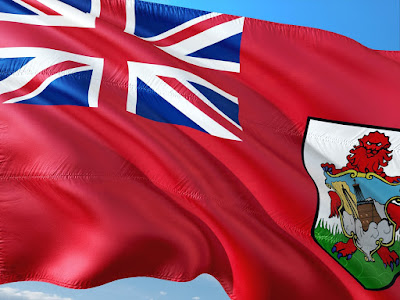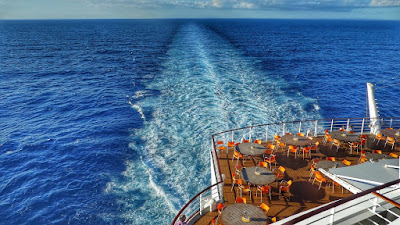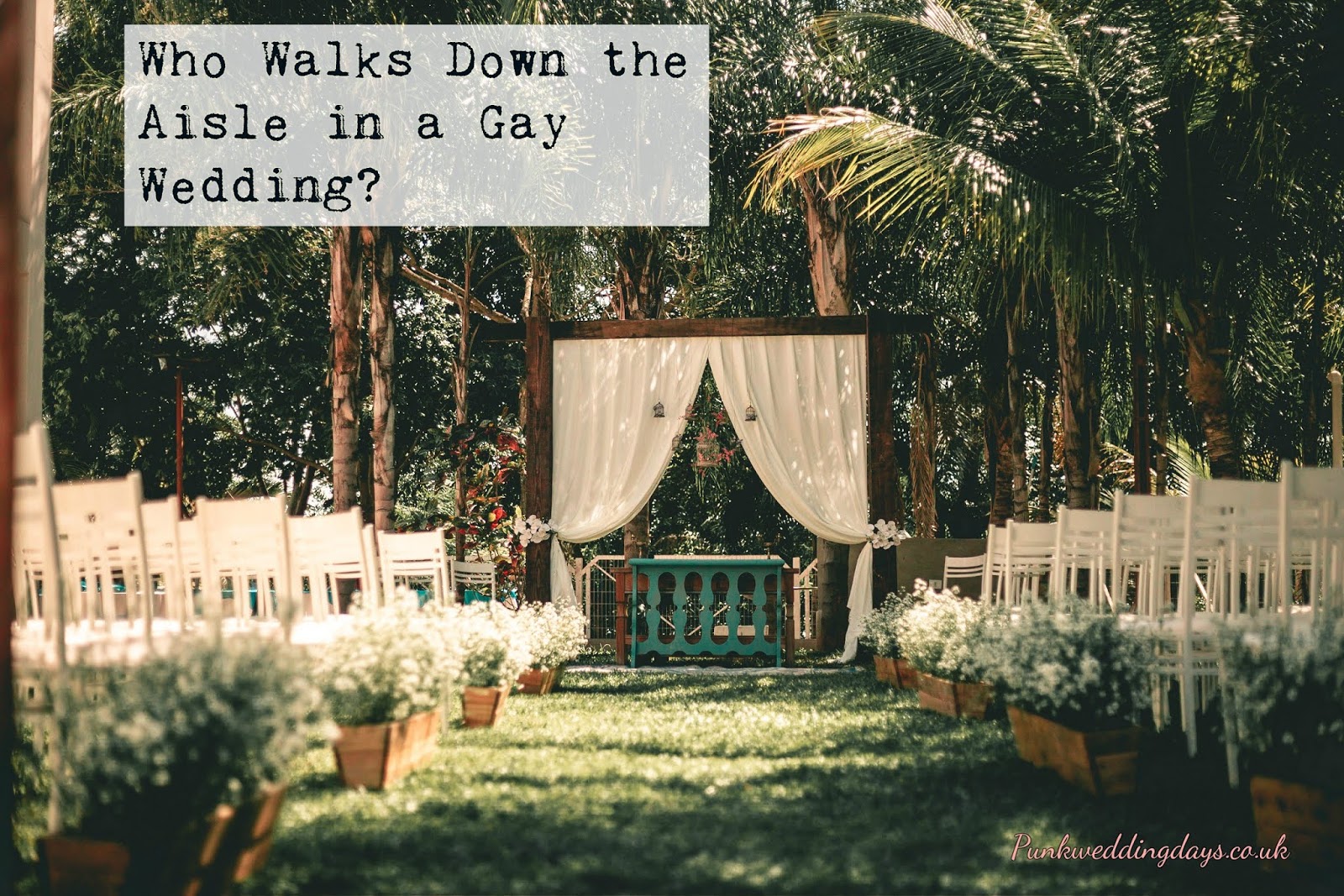Bermuda's Gay Marriage U-Turn to be Debated by British Politicians
 |
British politicians will debate Bermuda’s same-sex marriage U-turn today.
Bermuda, a British Overseas Territory (BOT) in the North Atlantic with a population of around 64,000 people, initially legalised gay marriage in May 2017. Six months later, it became the first place in the world to reverse the decision replacing gay weddings with ‘domestic partnerships’.
British Overseas Territories, including Bermuda, are self-governing but remain under the sovereignty of the United Kingdom with the Queen as Head of State. Before
a bill becomes law it is signed by the island’s Governor on behalf of the British monarch.
a bill becomes law it is signed by the island’s Governor on behalf of the British monarch.
Ordinarily, this is a formality.
Bermuda’s current British Governor, John Rankin, however, has yet to sign the Domestic Partnerships bill into law because doing so will effectively ban gay marriage.
It puts the British Government in a difficult position.
Over half of all BOT have legalised same-sex marriage. Pitcairn in the Pacific Ocean legalised same-sex marriage in June 2015. And The Falkland Islands welcomed gay weddings in April last year. Both did so with little fuss.
For the British Government, signing off on a U-turn is far worse than Bermuda having no equal marriage law at all.
Whilst encouraging its overseas territories to promote LGBT rights, Britain has always maintained that each individual territory should make its own decisions on the matter.
Signing off on the domestic partnerships bill, however, not only ignores a Supreme Court recommendation but it also calls into question Britain’s commitment to promoting LGBT-rights.
Can Britain endorse a ban on same-sex marriage when it considers itself one of the world’s most progressive countries for LGBT rights?
Or should it respect Bermuda’s autonomy?
Can Britain endorse a ban on same-sex marriage when it considers itself one of the world’s most progressive countries for LGBT rights?
Or should it respect Bermuda’s autonomy?
One added complication is the number of UK cruise companies operating with ships registered in Bermuda.
It’s a common business practice: ships registered in countries other than where the company is founded or headquartered.
For example, P&O Cruises is a British and American company based in London but its ships are registered in Bermuda.
These ships are operating under what is known as a flag of convenience, and companies do it for a number of reasons but often because it’s cheaper and because maritime and business laws aren’t as restrictive as those in Europe and the US.
The problem with this, however, is that ships sailing under a flag of convenience are bound to the laws of its flag state.
Companies like P&O can’t offer gay weddings unless it’s legal in Bermuda.
Companies like P&O can’t offer gay weddings unless it’s legal in Bermuda.
 |
During the seven month window when same-sex marriage was legal in Bermuda, a number of LGBT couples booked their onboard ceremonies for 2018 after P&O announced that gay marriages would start taking place in the January.
In 2014, the cruise industry was reported to be worth a massive $117billion dollars (US). So it’s in more than just the interests of LGBT Bermudians to see the ban lifted on the island.
Follow us on Twitter and Facebook to stay up-to-date.
Looking for a UK wedding venue or service provider that's LGBT-friendly? Visit the Pink Wedding Days' website.
Looking for a UK wedding venue or service provider that's LGBT-friendly? Visit the Pink Wedding Days' website.











